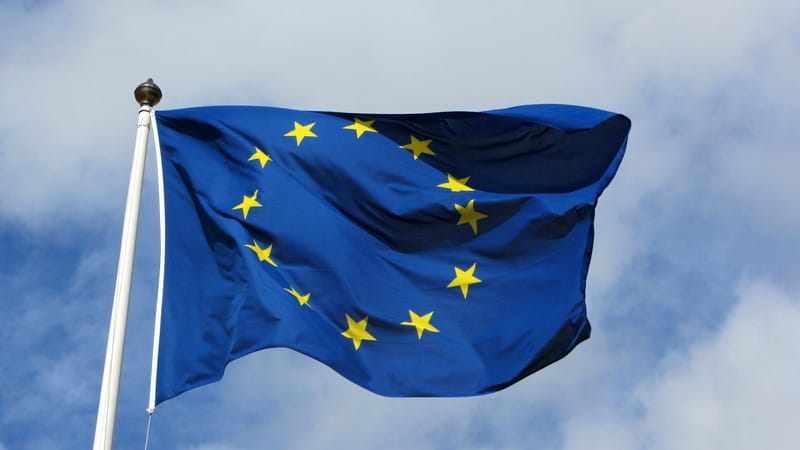EU Backs Brazil’s Grid Overhaul with $327M Financing for Neoenergia

• €300 million green loan will expand and automate Bahia’s power network, serving more than six million people.
• The investment aligns with Brazil’s decarbonisation and energy-efficiency goals through 2030 and the EU’s Global Gateway strategy.
• Financing includes high environmental and technical due-diligence standards, offering terms accessible to only a small group of Brazilian utilities.
Bahia’s Power Network Set for Major Upgrade
Belém, Brazil. Neoenergia and the European Investment Bank have moved ahead with a €300 million ($327 million) financing programme to modernise Bahia’s electricity distribution network, advancing one of the largest grid upgrades underway in Brazil. The agreement, signed earlier this year and announced during the COP30 summit, focuses on strengthening a system that supplies more than six million customers across 415 municipalities.
The financing will expand lines, support new consumer connections and introduce advanced automation equipment. For Bahia, Brazil’s fifth-largest state with nearly 15 million residents, the investment arrives at a moment when the federal government is intensifying efforts to broaden access to clean, reliable power, especially in rural and low-income areas.
Strategic Investment for Brazil’s Climate and Energy Plans
The programme is designed to accelerate grid readiness for a decade defined by rapid renewables growth. Brazil’s national targets emphasise efficiency gains, digitalised infrastructure and the integration of new renewable resources across each state. Bahia already hosts some of the country’s most dynamic wind and solar development zones, but the distribution system requires reinforcement to absorb future capacity and avoid bottlenecks.
Neoenergia will channel the loan toward projects intended to expand access to clean energy and improve grid resilience. Executives said the financing structure follows stringent environmental and technical assessments, a requirement that narrows eligibility to a select group of Brazilian companies capable of meeting international standards.
EIB officials described the partnership as a reflection of the bank’s broader strategy to increase energy investments in Latin America. The agreement also supports the EU’s Global Gateway programme, which aims to mobilise up to €300 billion in clean and digital infrastructure financing by 2027.
Momentum from COP30
Discussions during COP30 in Belém provided a prominent backdrop for the announcement. Senior representatives from both organisations emphasised that the Bahia project fits within a broader alignment between European and Brazilian climate priorities.
EIB leadership said the initiative strengthens Brazil’s infrastructure while helping communities connect more efficiently to renewable power. Neoenergia executives highlighted the value of delivering modernised distribution systems that can reliably carry the growing volume of clean electricity produced across the state.
The timing also reflects a political push within Brazil to scale up investments in grid modernisation as renewable penetration rises. Ensuring that distribution networks are prepared to handle variable generation and rising household demand has become a national policy priority, particularly as Brazil advances its Paris Agreement commitments and long-term energy transition roadmap.
RELATED ARTICLE: EU Eases Compliance and Delays Rollout of Deforestation Regulation
Governance, Financing and Execution
The €300 million financing package offers competitive terms that support long-horizon investments. The arrangement is notable for the depth of due diligence required, particularly on environmental and social safeguards. That level of scrutiny now forms a baseline expectation for utilities participating in global capital markets, especially those seeking green funding.
For corporate leaders across the utilities sector, the agreement offers a read-through on how development banks are structuring climate-aligned lending in middle-income economies. The package blends infrastructure expansion with digital upgrades, a combination increasingly common across emerging markets where grid operators must accommodate decentralised generation and improved reliability standards.
Investors focused on regulated utilities may also view the deal as an indicator of how policy, climate commitments and development finance are converging. Large-scale modernisation programmes often hinge on the availability of concessional or semi-concessional financing to reduce the capital intensity of distribution upgrades.
Implications for Global Energy Transition
The Bahia programme sits at the intersection of two widening trends: Latin America’s shift toward large-scale renewable buildout and Europe’s strategy to expand its climate partnerships abroad. For Brazil, grid readiness will determine how quickly new renewable projects can connect and how reliably they can serve consumers during periods of peak demand.
For Europe, supporting such infrastructure is part of a wider geopolitical, economic and climate effort to build diversified and resilient clean energy networks. The initiative forms part of the EU-Brazil Green Deal cooperation and fits squarely within the Global Gateway framework, which emphasises clean energy systems, digital connectivity and sustainable development.
The EIB is advancing the second phase of its Climate Bank Roadmap, with a focus on energy security, industrial competitiveness and climate resilience. Projects like Bahia’s grid overhaul illustrate how those priorities extend beyond Europe, shaping partnerships with countries accelerating their own energy transitions.
As Brazil advances a decade of rapid renewable growth and network reform, the Neoenergia-EIB agreement offers a view into how international climate finance is being deployed to support system-wide transformation. For global executives and investors, it is a reminder that the long-term success of clean energy depends not only on generation capacity, but on the infrastructure that delivers it to millions of homes and businesses.
Follow ESG News on LinkedIn












